India has upgraded its technical mission in Kabul to a full-fledged embassy.
The significant development comes as Afghanistan’s Foreign Minister Amir Khan Muttaqi met S. Jaishankar today. Muttaqi, who arrived on Thursday for a week-long trip to India, held talks with the External Affairs Minister at Hyderabad House.
The government has also said it will upgrade its Kabul mission to the status of a full embassy. India has been slowly reaching out to the Taliban since the group came to power four years ago. The development also comes amid rising tensions between the group and Pakistan – which seems to be growing closer to the US under President Donald Trump – over the Tehreek-e-Taliban Pakistan (TTP).
However, India is yet to formally recognise the Taliban government in Afghanistan. But why is it tricky for India to do so? What do experts say?
Let’s take a closer look.
Jaishankar-Muttaqi meet
Jaishankar said Muttaqi’s visit is an ‘important step’ to take Afghanistan-India ties forward.
“As a well-wisher of the Afghan people, India has a deep interest in your development. Today, I reaffirm that our long-standing partnership, which has seen so many Indian projects in Afghanistan, stands renewed,” Jaishankar said.
He also praised Afghanistan’s response to April’s Pahalgam terror attack.
“We appreciate your sensitivity towards India’s security concerns in the aftermath of the Pahalgam terror attack. India is fully committed to the sovereignty, territorial integrity, and independence of the Afghan people,” Jaishankar added.
Jaishankar said India is entirely committed to Afghanistan’s sovereignty, territorial integrity and independence. He said India has already invested in a slew of projects in Afghanistan and would be doing so in a half a dozen more.
Jaishankar also said he was pleased to announce the upgradation of India’s technical mission in Kabul to the status of an embassy. “Closer cooperation between us contributes to your national development, as well as regional stability and resilience,” he said.
India had downgraded its embassy when the Taliban came to power in 2021 and closed its consulates in other cities. New Delhi had instead sent a “technical team” to Kabul to coordinate humanitarian aid, trade and medicine. This came after the Taliban assured New Delhi that it would provide adequate security for officials.
India in November had allowed the Taliban to appoint an envoy in Delhi as well as a consulate in Mumbai first and then later in Hyderabad.
Jaishankar said India will gift 20 ambulances to Afghanistan as a symbol of goodwill. New Delhi will also send MRI and CT scan machines to Afghan hospitals as well as vaccines and cancer medicine.
Jaishankar said India has given Afghanistan drug rehabilitation materials via UNODC and is open to doing more. He also pointed out how India had delivered relief materials to the earthquake sites just hours after last month’s disaster.
“We would like to contribute to the reconstruction of residences in the affected areas. India has also been a significant provider of food assistance to the Afghan people. A further consignment will be delivered in Kabul today. The plight of forcibly repatriated Afghan refugees is a matter of deep concern. Their dignity and livelihood is important,” Jaishankar said.
India a ‘close friend’
Muttaqi said India is a ‘close friend’ and pointed to the civilisational ties between the two nations. He said Afghanistan wants a relationship based on mutual respect, and political, trade and people-to-people relations.
Muttaqi too pointed out how New Delhi had provided aid to Afghanistan time and again. He singled out how New Delhi did so during the earthquake in August. “In the recent earthquake in Afghanistan, India was the first country to respond [with] humanitarian assistance,” Muttaqi said.
Muttaqi said Kabul “stands ready to create a mechanism to [increase] understanding” between New Delhi and Kabul and this consultative mechanism will work towards strengthening our relations.
This is the first in-person meeting between Jaishankar and Muttaqi. The two men previously spoke on the phone twice – including after the Pahalgam terror attack. Muttaqi previously met senior diplomat Vikram Misri in Dubai and also held talks with Ananda Prakash, Joint Secretary in the Ministry of External Affairs’ Pakistan, Afghanistan, and Iran (PAI) Division.
Muttaqi’s visit to India comes after receiving approval from the United Nations for an exemption on his travel ban. This is the first such trip to India by a high-ranking Taliban official since the group took power in July 2021 after the fall of the Ashraf Ghani government.
Muttaqi, accompanied by a five-member team, will visit the Darul Uloom Deoband seminary in Uttar Pradesh and the Taj Mahal during his trip to India. He will have a health check-up, meet business leaders as well as interact with members of the Afghan community who have been living in India.
It is important to note that Muttaqi was accorded all the protocols for a visiting foreign minister including meeting Jaishankar at Hyderabad House.
What is India’s position?
The Taliban wants India to acknowledge it as the legitimate ruler of Afghanistan. It also wants New Delhi to recognise the Islamic Emirate of Afghanistan, as the Taliban calls it.
But New Delhi is reluctant to do so because it wants its position to reflect that of the international community. Thus far, Russia has been the only nation to completely recognise the Taliban government.
India has previously also called for a free and open Afghanistan for all including women and minorities. This stands in contrast to the repressive positions the Taliban has taken like stopping women from working and going to school.
India has been slowly inching towards improving ties with Afghanistan. In 2021, when Indian envoy Deepak Mittal met members of the Taliban, New Delhi called the group’s leadership “those in positions of power and authority”.
New Delhi is also concerned about links between the Taliban and terrorist groups in Pakistan – though Muttaqi has said the Taliban will not let its soil be used to launch terror attacks against India. Sources told The Times of India Muttaqi’s trip is only focussed on increasing bilateral ties and diplomatic engagements.
The Taliban wants a full-fledged envoy to India, to appoint more consular staff and visas for businessmen, patients and students. However, this will likely happen slowly.
But the differences will not prove an impediment to India and the Taliban continuing to improve ties in the long term. This is important because New Delhi has long-term goals in Afghanistan – including access to Central Asia via the Chabahar Port, halting terror in the region and counterbalancing Chinese and Pakistani influence – within reach.
What experts say
Experts say India is moving forward slowly.
Ex-Ambassador to Afghanistan Gautam Mukhopadhyay told The Hindu that Muttaqi’s visit is a “convergence of security interests at the expense of certain values and internal security concerns that held the relationship in check.”
“We can expect incremental increases in visas, scholarships, humanitarian assistance, trade, development and intelligence cooperation and diplomatic ties,” Mukhopadhyay added.
But Afghanistan’s former Foreign Minister and National Security Advisor Rangin Dadfar Spanta was rather less upbeat.
“India’s current policy towards Afghanistan is mainly determined by an anti-Pakistan approach. Both Pakistan and the government in Delhi are looking for proxies. This is not about good neighbourliness or peace in our region. Unfortunately, the opposite is true,” Spanta told the newspaper.
With inputs from agencies


)
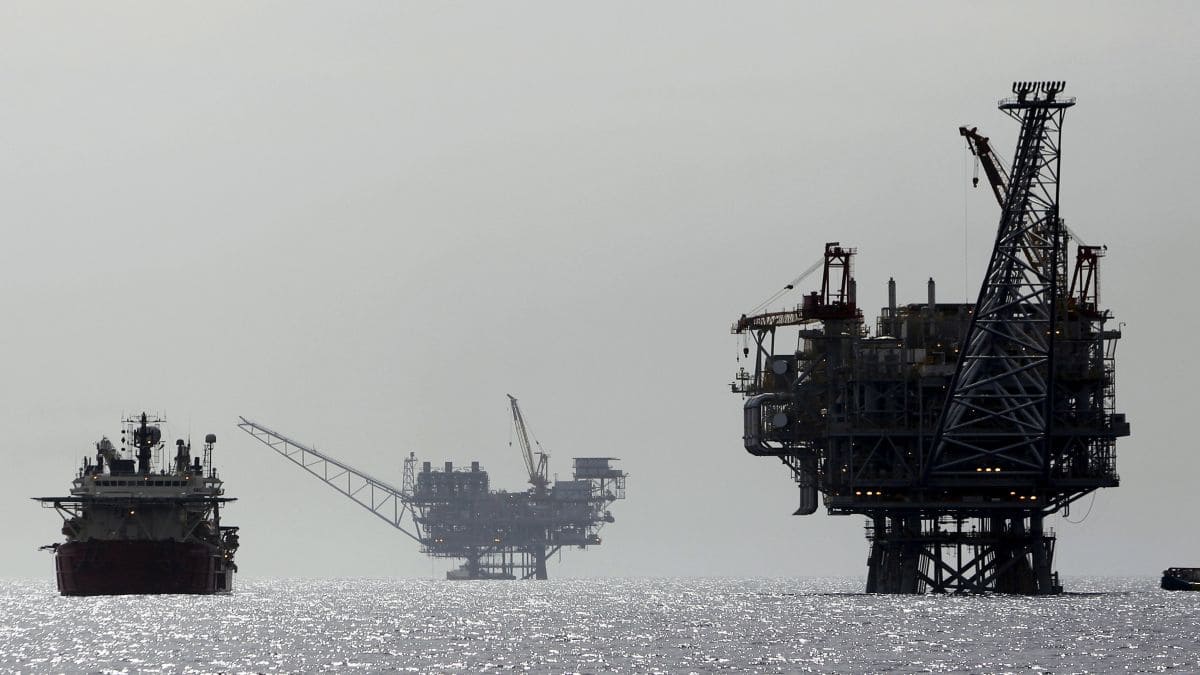
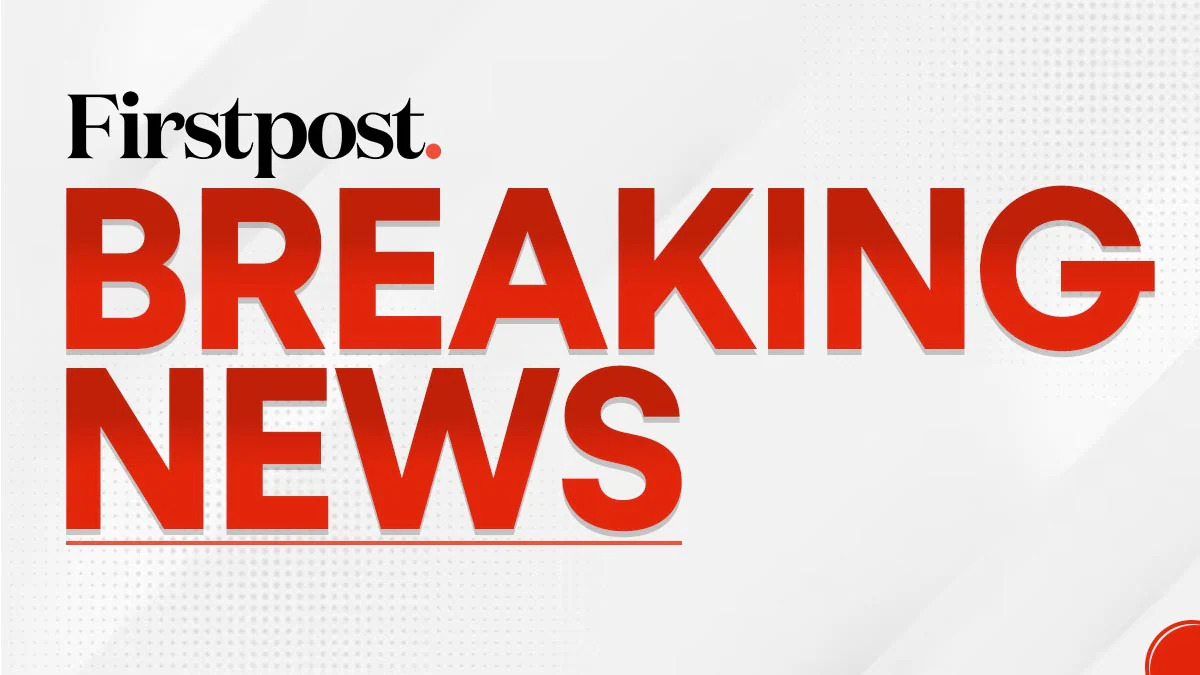)
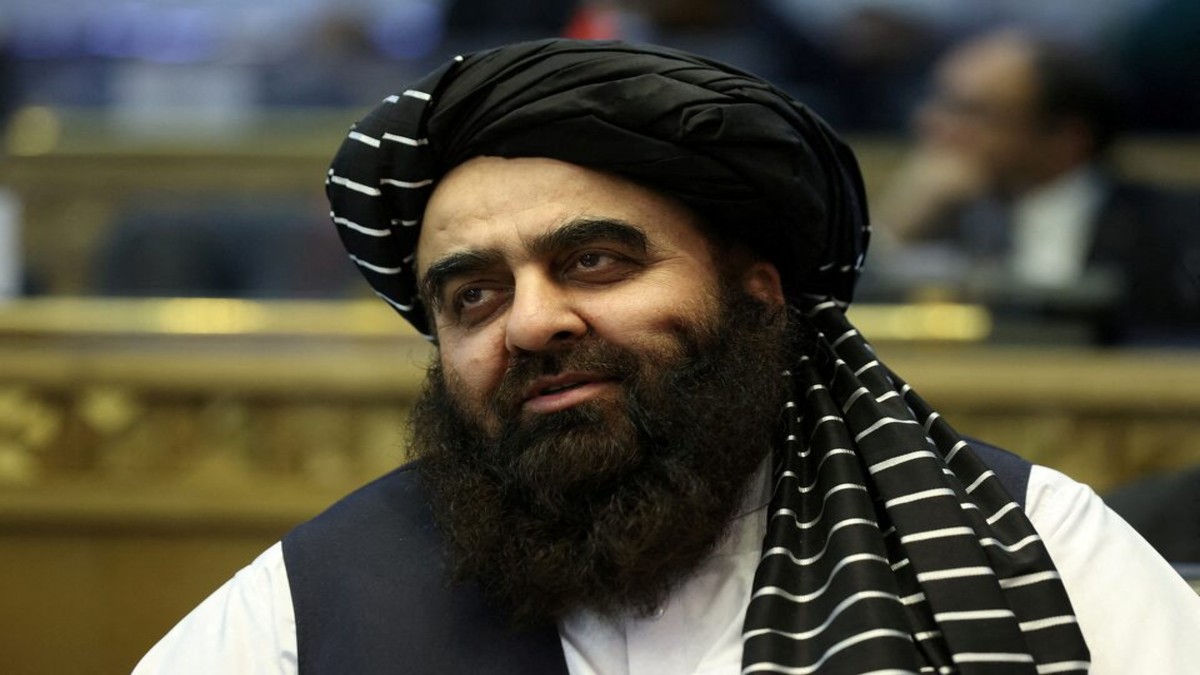)
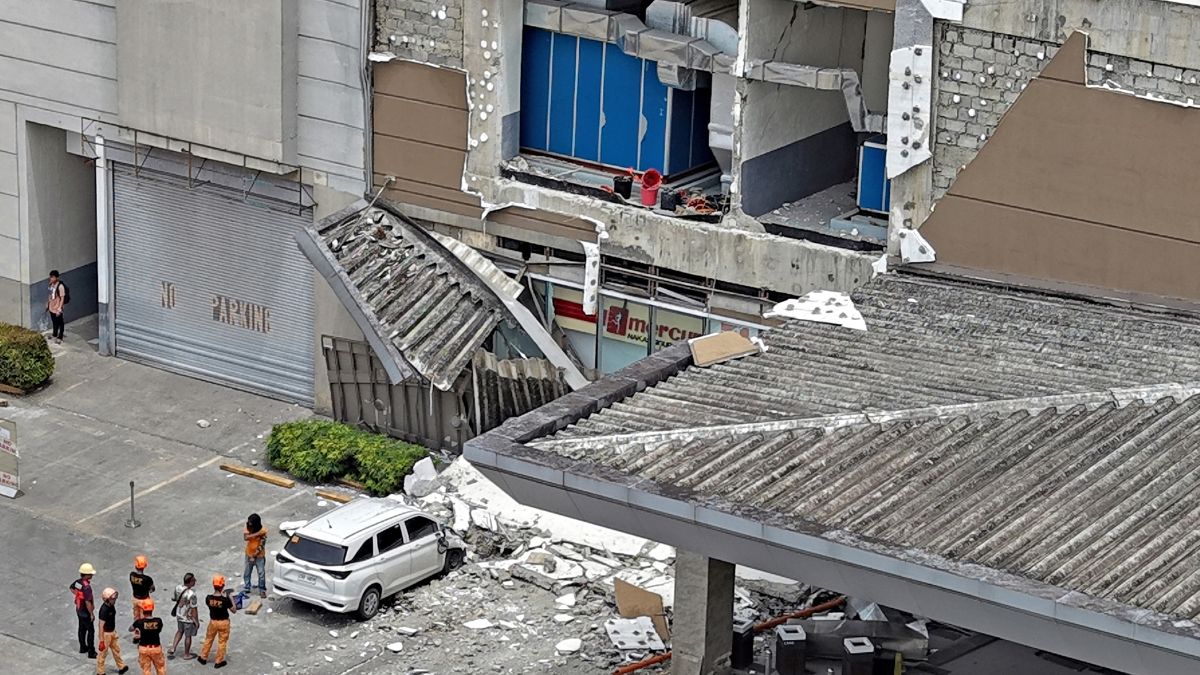)
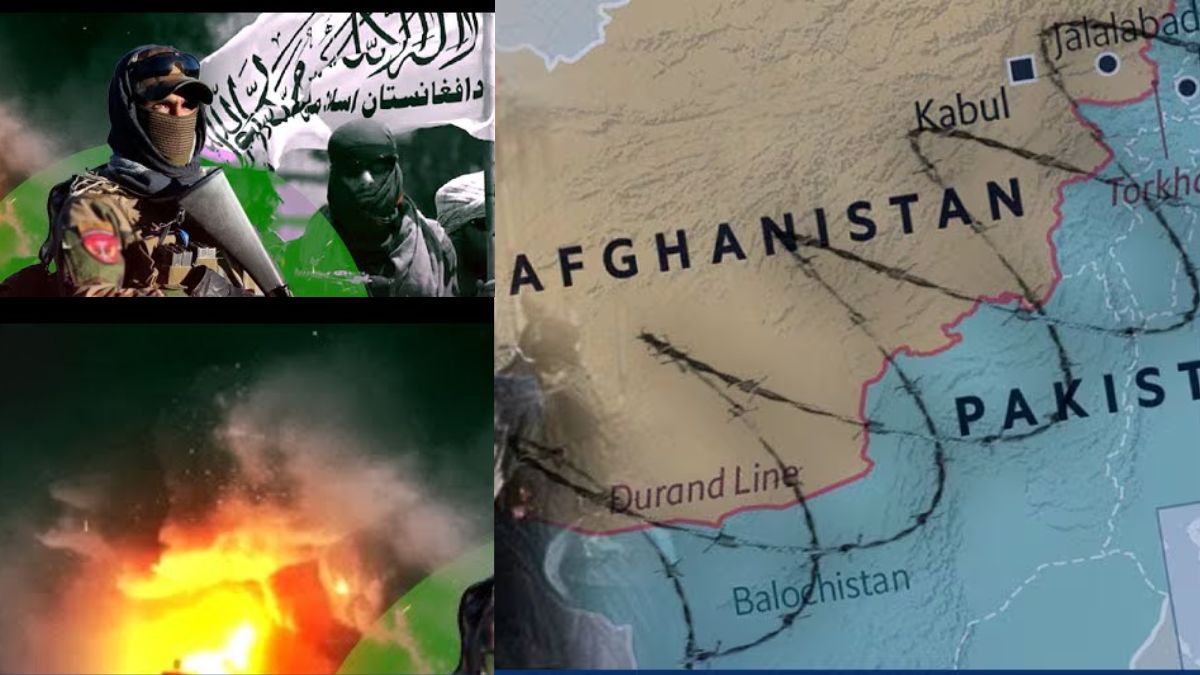)
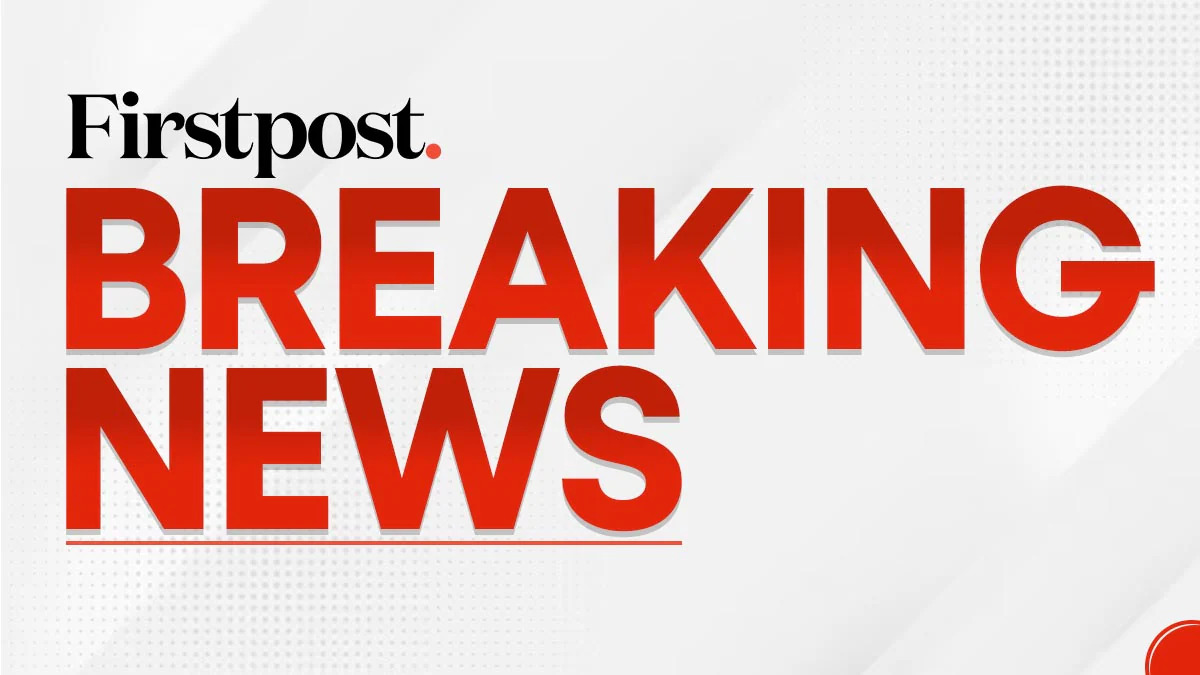)
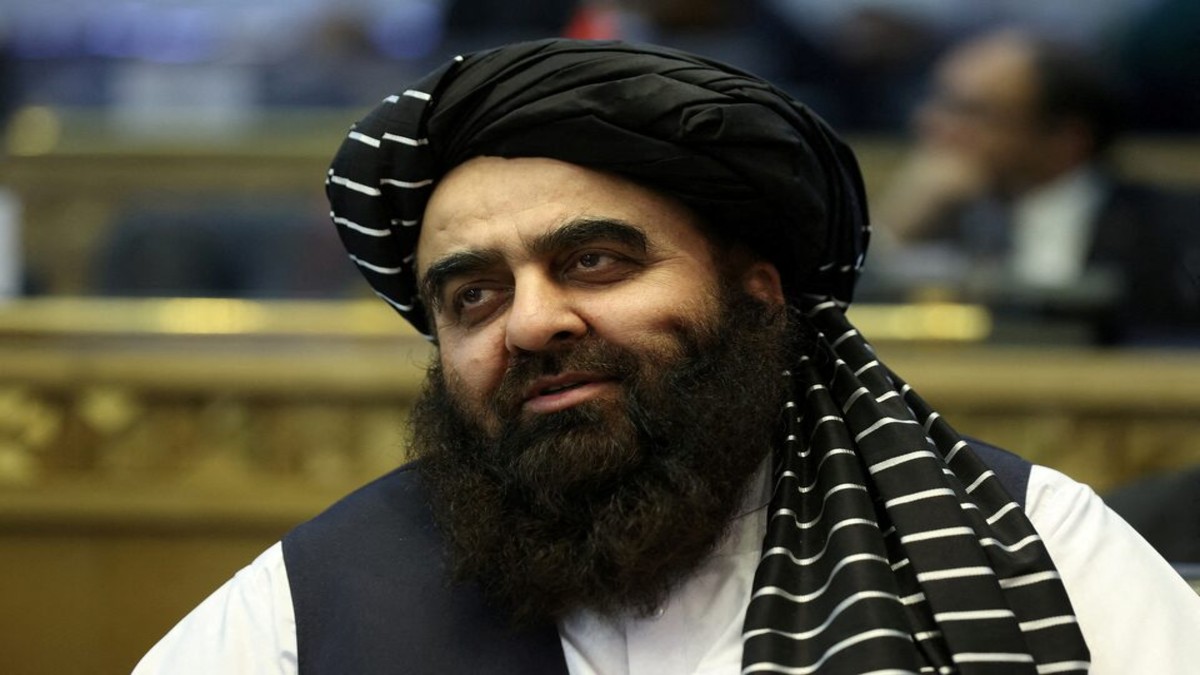)
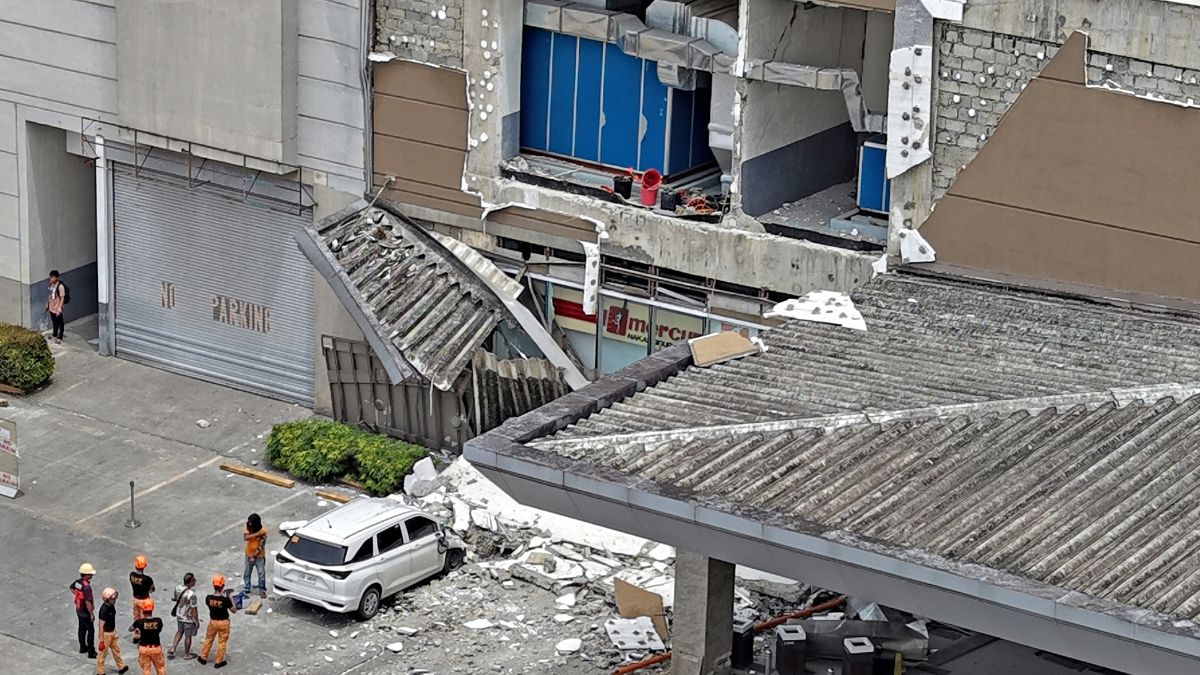)
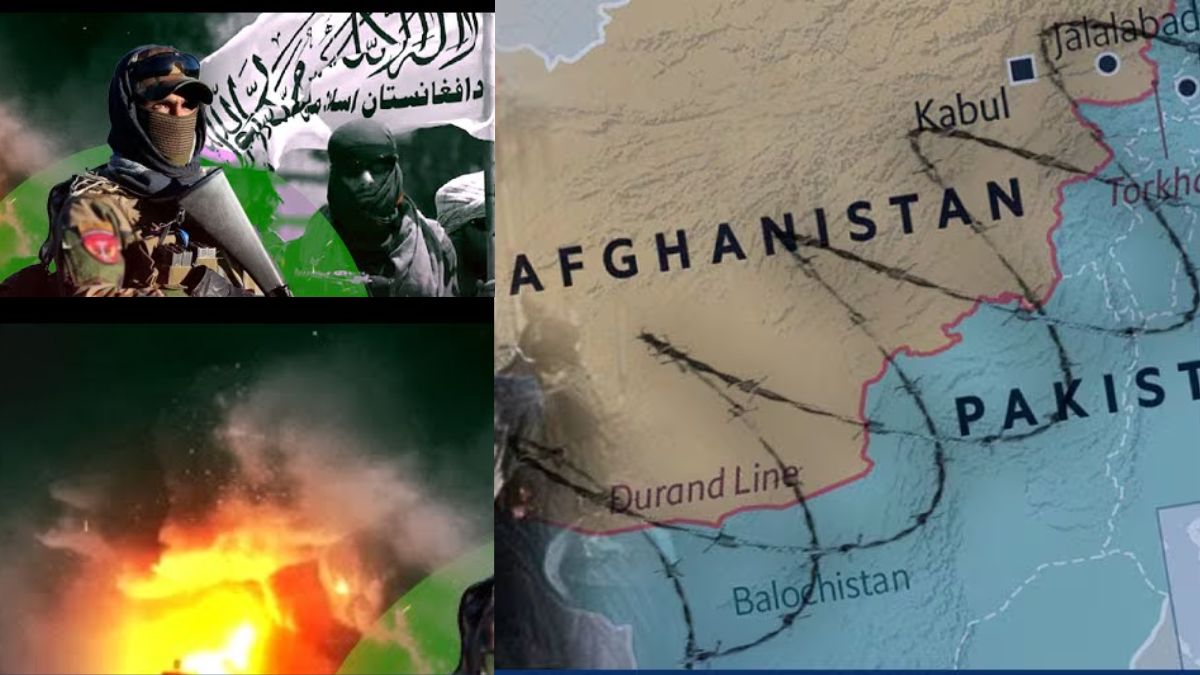)



